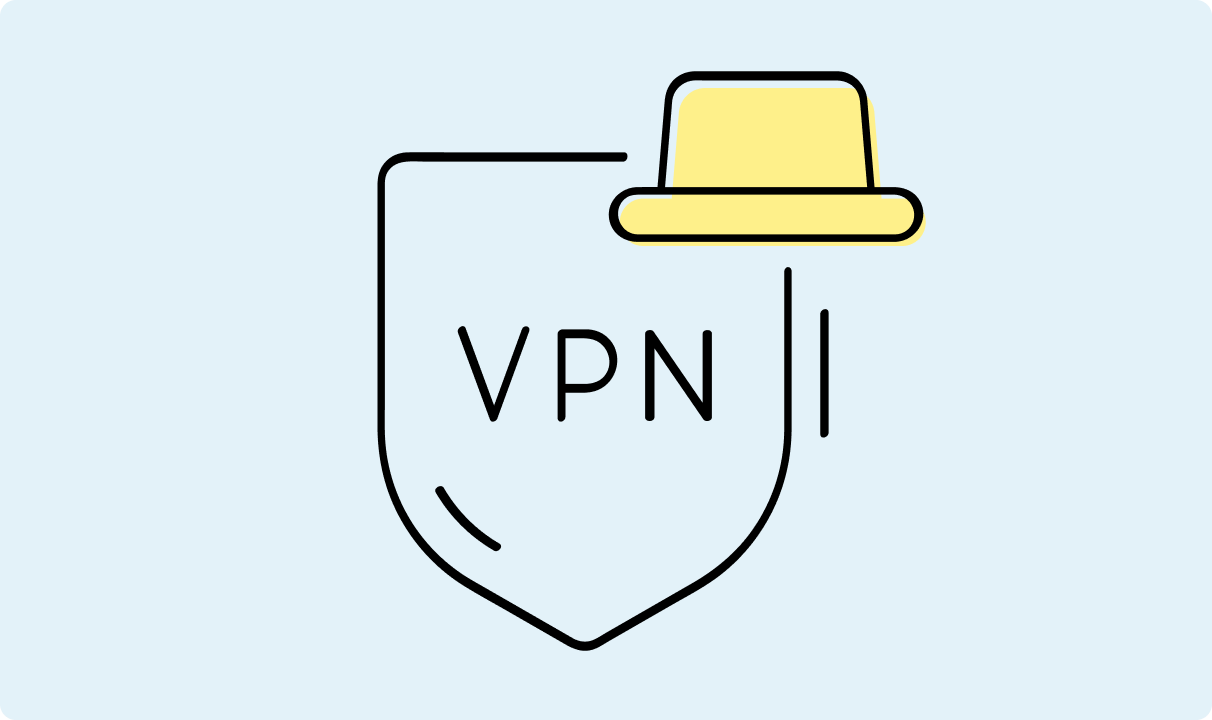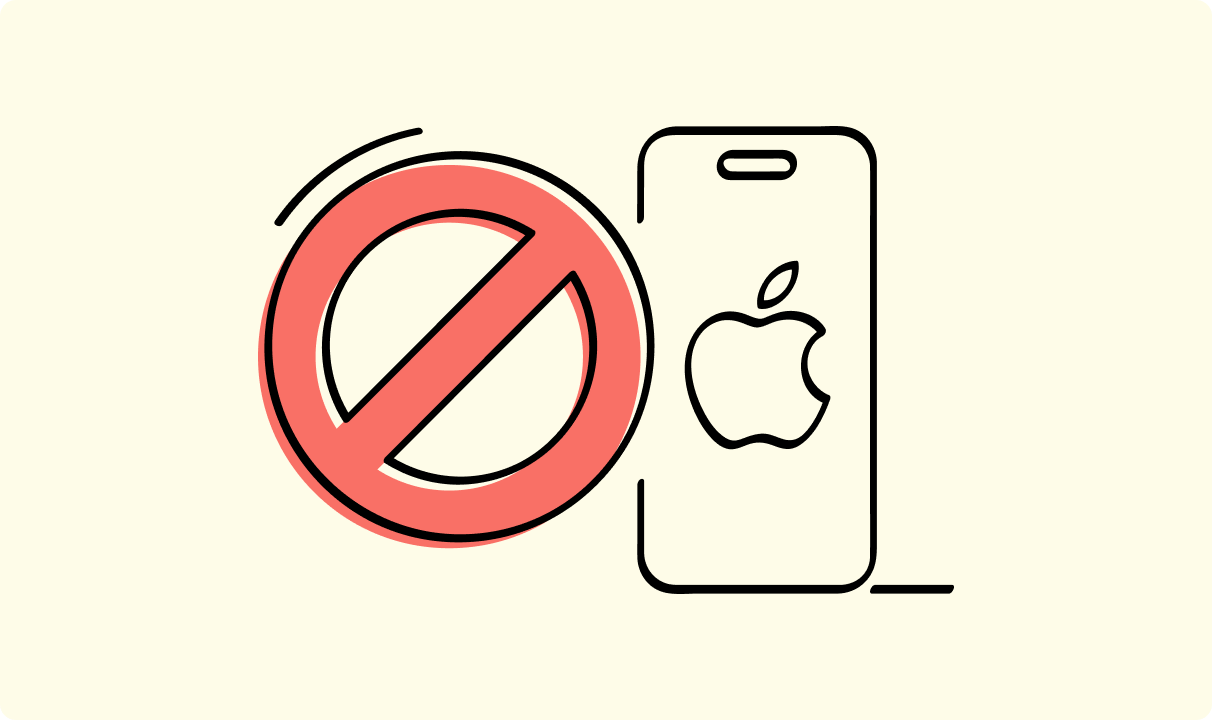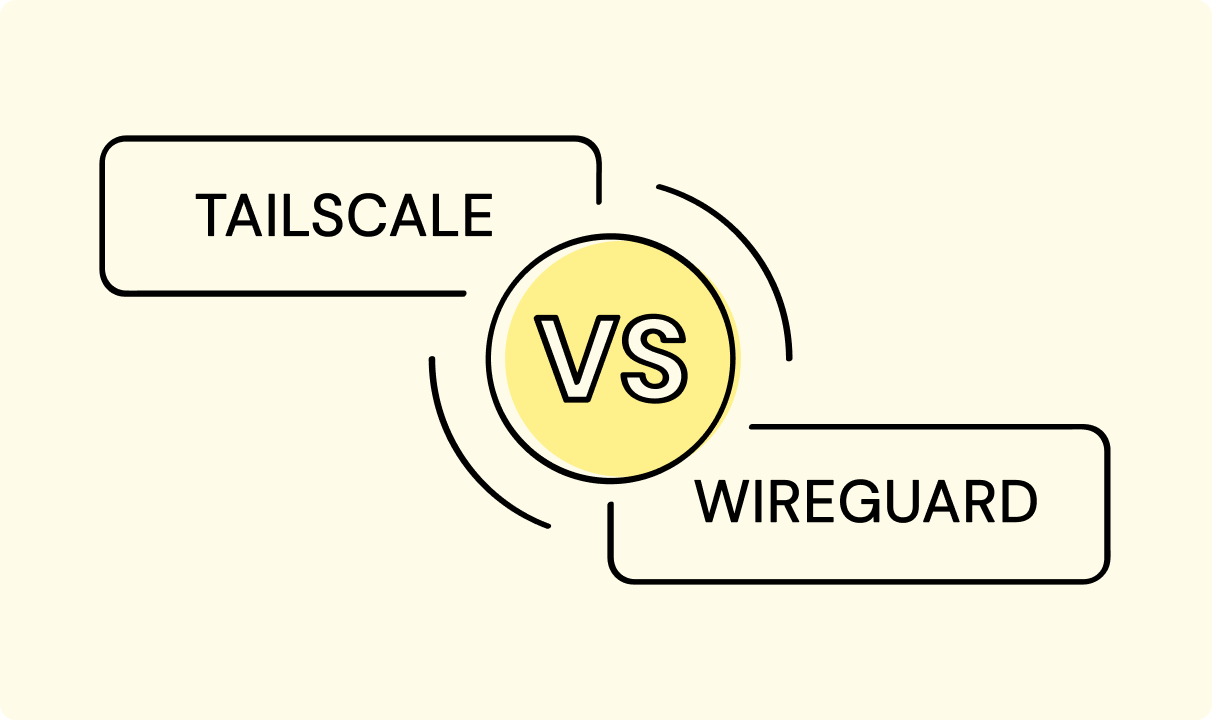CometVPN Blog
If you want to stay safe, choose an anonymous VPN with a reliable no-logs policy that doesn’t store your data logs. These VPN providers often have the tools and reputation that allow you to reach a high level of anonymity.
6 min read
 Rasa Sosnovskytė
Rasa Sosnovskytė 
Choose Category

4 min read
How to Unblock XVIDEOS & Bypass Age Verification in The UK
If you live in the UK, you might have noticed some big changes lately. You may not be able to visit some of your go-to websites like before, as new rules make it harder to access content.
Many people want to know how to unblock XVIDEOS and keep their browsing private. We’ll show you how to bypass these new barriers safely.

Rasa Sosnovskytė

3 min read
Unblock XNXX & Bypass Age Verification in the UK: 2026 Guide
The internet changed in the UK last year, and you probably noticed it when trying to visit XNXX or other adult sites. All of a sudden, they’re asking for your ID or credit card. It’s now the new reality for adults who want to view adult content.
It feels intrusive, and many people don’t want to share their personal ID just to watch a video. We’ll show you how to unblock XNXX safely, explain why it happens, and how CometVPN helps you get your privacy back.

Adomas Šulcas

6 min read
What Happens When You Block Someone on an iPhone?
Key takeaways:

Adomas Šulcas

4 min read
Tailscale vs WireGuard: Comparison & Which to Choose in 2025
Key takeaways:
Choosing the right VPN tool depends on your goals and needs. In 2025, some of the most popular discussions revolve around Tailscale vs WireGuard. Both of these are built on strong foundations and both offer high performance.
However, each fits a different kind of user. In this comparison article you will discover what sets them apart and when to use which.

Adomas Šulcas

3 min read
How to Turn Off/On Private Browsing on iPhone: 2025 Guide
Key takeaways:

Adomas Šulcas

5 min read
How to Watch Pornhub in France Safely (2025 Guide)
Key takeaways:
Recently, the French government enacted a law mandating adult content sites to implement stricter age-verification methods. In protest, many adult content platforms, including Pornhub, closed their operations and blocked access to users in France.
While accessing adult content is still legal, you're likely to face difficulties when in France. But in just a few clicks, a trusted Virtual Private Network (VPN) service from CometVPN will allow you to watch Pornhub and other platforms without such restrictions.

Adomas Šulcas